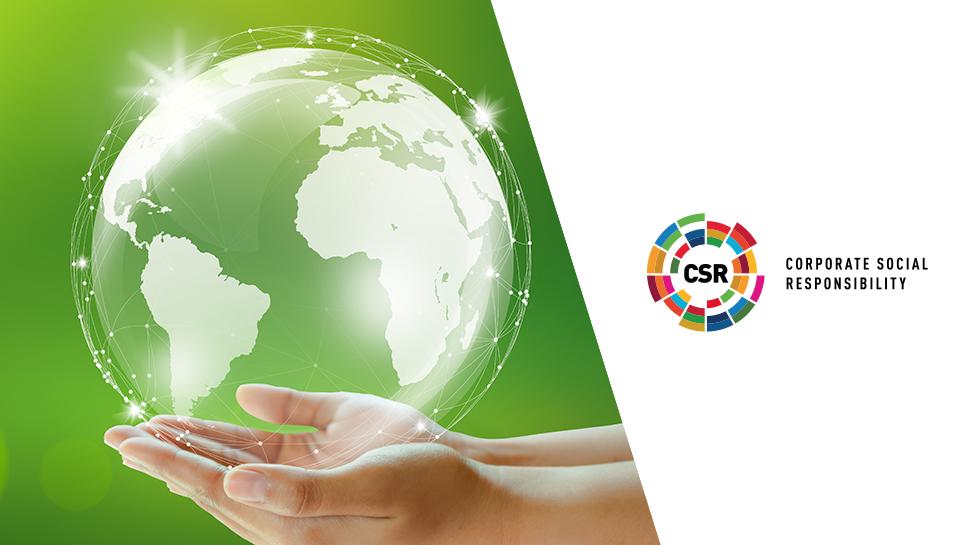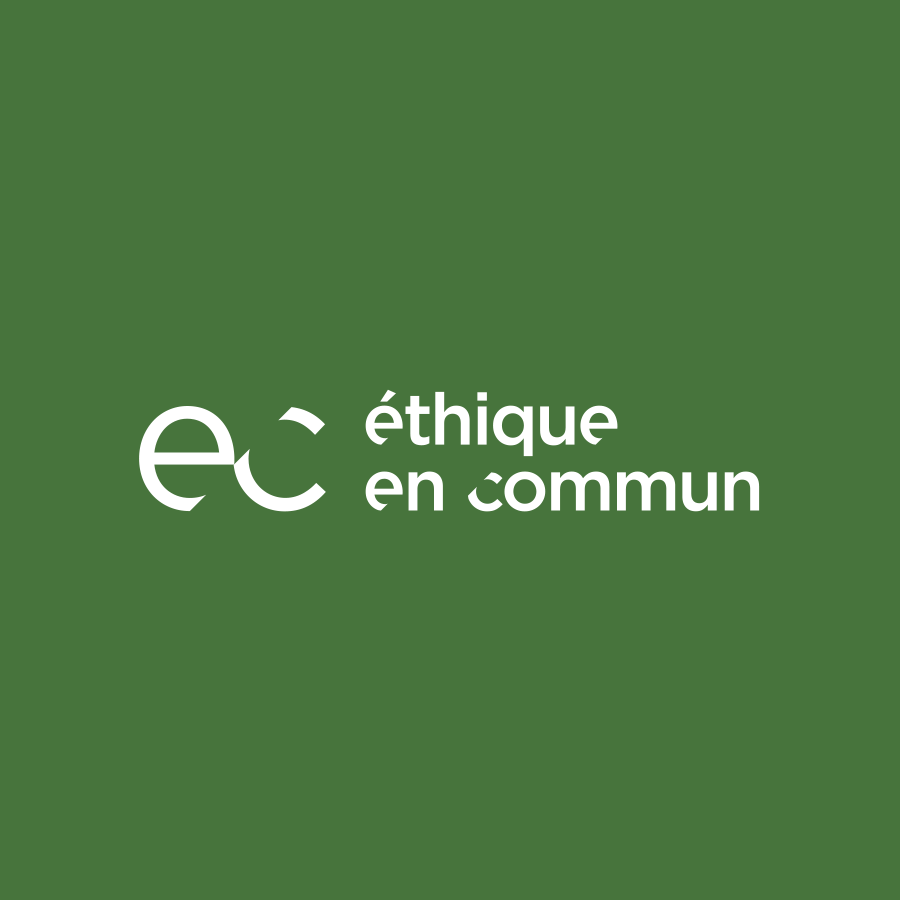About us
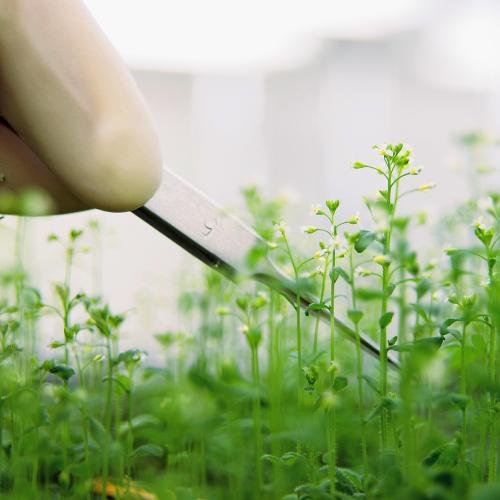
Science dedicated to life, humans, and the Earth
Humankind and the planet are facing global changes that will create new challenges for research to address: limiting the effects of and adapting to climate change; increasing food security and nutrition security; transitioning to new agricultural systems; preserving natural resources; restoring biodiversity; and anticipating and managing risks. It will also be important to consider more regional issues like living conditions, farmers' salaries, the economic competitiveness of companies, land use, and universal access to healthy and varied diets.
INRAE, the French National Research Institute for Agriculture, Food, and Environment was formed by the merger of INRA and IRSTEA on 1st January 2020
As the world's top institute for research on agriculture, food, and the environment*, INRAE will help address these concerns. It will use research, innovation, and support for public policies as tools to guide the emergence of sustainable agricultural and food production systems. The institute aims to carry out science dedicated to life, humans, and the Earth that uncovers solutions to our most pressing concerns.
INRAE was formed by the merger of INRA, the French National Institute for Agricultural Research, and IRSTEA, the French National Research Institute of Science and Technology for the Environment and Agriculture. Both institutes were known for the quality of their research and their great expertise. Their union has generated a critical research mass and has pooled their major infrastructures (e.g., observatories, technical platforms, data repositories), including some that are one of a kind in Europe. As a result, INRAE is uniquely suited to perform valuable research on numerous topics, including water resources, regional agricultural strategies, the preservation and restoration of biodiversity, risk anticipation and management, and digital agriculture.
Download INRAE leaflet (March 2025)

For more information INRAE: a French institute with international goals
INRAE is committed to exploring the frontiers of science and performing high-calibre research that is globally relevant. The institute makes major contributions to European research and participates in European research programmes (e.g., via research networks, H2020 research projects, Marie Skłodowska-Curie Actions) and, as a result, is currently developing bilateral and trilateral partnerships. Our international collaborations focus on sharing laboratories or infrastructure, becoming integrated into research networks, and playing a role within international organisations.
"Our need for research has never been more urgent": find out more
* Based on the Web of Science (WOS) specialisation index score: INRAE's representation within the 10 following research domains/ INRAE's representation within all the WOS research domains at the international scale: Agriculture, Plant sciences, Veterinary sciences, Genetics & heredity, Food science & technology, Nutrition dietetics, Biotechnology & applied microbiology, Environmental sciences & ecology, Water resources, Microbiology.
Research that serves society
Our job is to
- produce and disseminate knowledge to help solve major societal challenges
- put this knowledge to work to foster innovation, provide expertise, and lend support to public policies
which we accomplish thanks to an approach based on
- interdisciplinary foresight analysis of current challenges
- research at the frontiers of knowledge that encourages breakthroughs
- academic partnerships at regional, national, European, and international scales that are firmly tied to regional structures within the system of higher education and research
- expertise and support that inform public policies from the local to the international level
- partnerships with the many stakeholders in the field: farmers, private companies, NGOs, regional governments...each with a variety of perspectives and approaches
- open-source tools for promoting innovation that allow the free exchange of ideas, knowledge, and experience
- infrastructure that enhances the sharing of research and data
- discussions with the general public to explain, debate, and contribute
In all of our work, we are committed to applying a code of ethical practices.
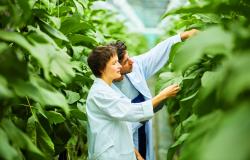
Using its research and its ability to produce, analyse, and exploit knowledge from a broad range of discipline-specific and interdisciplinary work, INRAE seeks to achieve conceptual, technological, and social breakthroughs; inform public policies; and boost crucial agricultural, dietary, and environmental transitions. We cannot do this alone. As a result, we have affiliated ourselves with governmental structures for higher education, research, and innovation in France and in Europe; we are developing national and international partnerships with a wide range of public and private stakeholders in our fields of specialisation; and we are engaging in conversations with the general public and any other interested parties.
An engaged institute
Our scientific axes and practices focus on subjects of societal importance, and our research results can nourish the important resulting debates. In all of our work, we are committed to applying a code of ethical practices rooted in responsibility, impartiality, integrity, dignity, and probity. We rely on the feedback provided by our ethics committee and our specialists in scientific conduct. In some areas, INRAE has adopted formal principles, positions, institutional strategies, or opinions, all informed by scientific ethics and integrity.
INRAE is playing a major role in research related to the UN’s Sustainable Development Goals (SDGs) and is committed to adopting corporate social responsibility (CSR) principles so that the SDGs can be attained by 2030. The process requires a transformation in operations and professional practices. The institute’s CSR strategy is being implemented via an ambitious action plan.
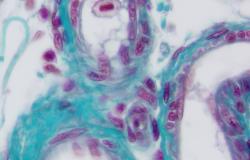
Our objectives: use our rigorous scientific approach to serve the greater good, reflect on the ethical implications of our research, and adopt the principles of corporate social responsibility (CSR), thus promoting the UN’s 2030 Sustainable Development Goals.
First evaluation by Hcéres for INRAE
The evaluation of INRAE covered the period 2016-2020, the previous evaluations of INRA and Irstea by the High Council for the Evaluation of Research and Higher Education (Hcéres) having taken place in 2016 and 2018 respectively. In addition to INRAE's activities, the experts also examined the quality of the preparatory work and implementation of the merger of INRA and Irstea, INRAE's positioning, its strategy, governance and management.
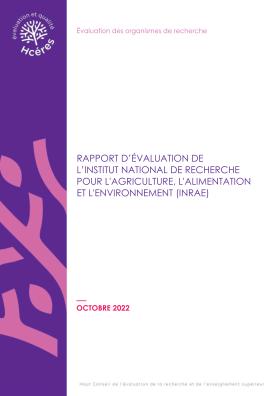
Excerpts: "The committee has appreciated the considerable efforts that have led to a successful merger of INRA and Irstea and to the development of the INRAE 2030 plan. [It] considers that the new organisation offers important levers contributing to a leading position at the European and international levels, to a rich cross-fertilisation between the research teams from the two institutes and to a well thought-out pooling of support activities. [...] It has observed significant progress on certain weaknesses pointed out in previous evaluations of INRA and Irstea. [...]
The committee believes that INRAE will be faced with increasing demands in the forthcoming period in terms of research, expertise and support to public policies. The institute will have to make choices, and in particular prioritise its partnerships. It will have to continue to develop an impact culture and overcome a lack of capacity to continuously measure and monitor the impacts of its activities.
Hcéres evaluation report (in French) - October 2022 pdf - 1.06 MB
Agriculture, food, and the environment: overlapping themes
INRAE and its partners wish to tackle challenges that extend beyond national and industrial boundaries. We must therefore adopt transversal perspectives in our three key areas of study—agriculture, food, and the environment—if we wish to clearly account for their interactions. We need a systematic and interdisciplinary approach if we wish to develop sustainable solutions.
With the overarching goal of promoting sustainable development, our work is centred on six major themes:
- Climate change and risks
- Agroecology
- Biodiversity
- Food, global health
- Bioeconomy
- Society and regional strategies

INRAE is deliberately organised in the form of a matrix, which helps the institute carry out its integrated multidisciplinary research for addressing society's greatest global challenges. To guide and accelerate the major transitions needed to enhance the sustainability of agricultural systems and food systems, INRAE carries out work at 18 research centres with strong regional ties that are clustered within 14 research divisions that have firmly established international partnerships. Metaprogrammes serve as links among the institute's research divisions, strengthening INRAE's interdisciplinary approach. The institute's work is also bolstered by its directorates dedicated to international affairs, open science, value creation, scientific expertise, and public policy support. Our various support departments (e.g., human resources, finance, purchasing) strive for maximum efficiency and espouse principles of social and environmental responsibility in alignment with our research objectives and our goal of serving society. The communications department works with all INRAE's staff to disseminate the institute's discoveries and engage in exchanges with stakeholders.
INRAE: a Public Scientific and Technical Research Establishment
Created on January 1, 2020, INRAE is a Public Scientific and Technical Research Establishment (EPST). It was formed by the merger of INRA, the French National Institute for Agricultural Research, and IRSTEA, the French National Research Institute of Science and Technology for the Environment and Agriculture. It is under the joint aegis of the Ministry of Higher Education, Research, and Innovation (MESRI) and the Ministry of Agriculture and Food (MAA). INRAE is also beginning to closely collaborate with the Ministry for the Ecological and Inclusive Transition (MTES) via various partnership agreements.
According to the official decree announcing its creation (n° 2019-1046 du 10 octobre 2019 [in French]), INRAE has the following missions:
"to carry out, organise, and coordinate, on its own initiative or in response to a governmental request, all types of scientific and technological research in the domains of agriculture, food, forestry, the environment, water resources, biodiversity, the bioeconomy, the circular economy, the sustainable management of regions, and risk management in the specialised fields of research mentioned above."
"To this end, the institute will do the following:
1. Produce, publish, and disseminate the scientific knowledge that results from its research and scientific expertise work;
2. Allow, in the absence of any provisions or stipulations to the contrary, open access to scientific data and publications;
3. Participate in the creation of public policies and national and European research strategies;
4. Contribute to higher education and research-based education in its fields of specialisation;
5. Establish and make use of partnerships with establishments of higher education and research;
6. Contribute to the creation of innovative and socially responsible technologies by building upon the institute's skill set, expertise, and research discoveries;
7. Help develop scientific and technological expertise, prepare scientific expert reports, and participate in standardisation activities with a view to providing support for policies, foundations, and associations of recognised public interest and to generating solutions to sustainable development challenges;
8. Participate in discussions centred on the role of science and technology in society."
|

